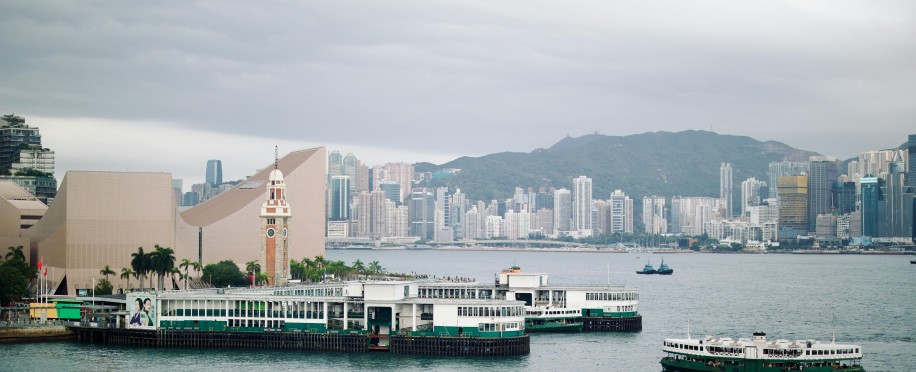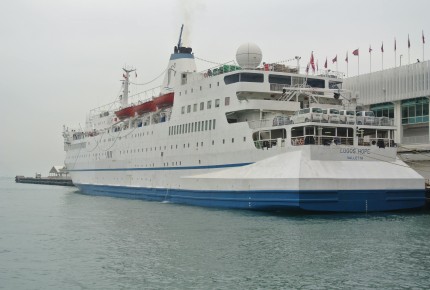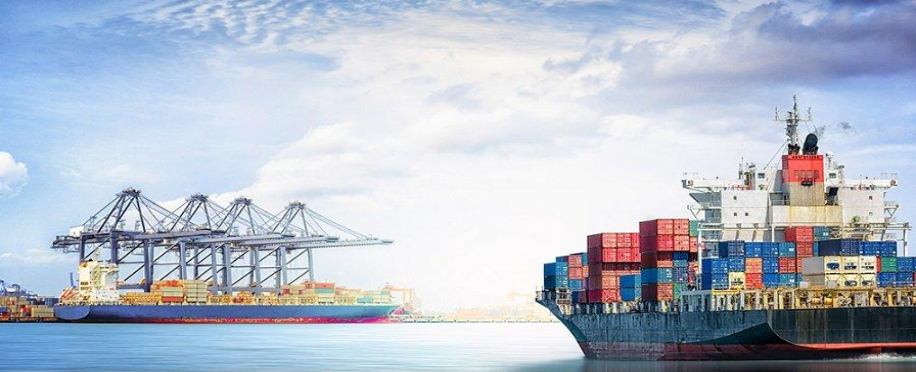China Leads World in Port Automation with Record-Breaking Terminals

Posted on Jan 15, 2025 at 10:01 PM
China has constructed 52 automated dry bulk and container terminals so far, and the country's Ministry of Transport reports that it has the most automated terminals under construction and built worldwide.
On January 1, a ship docked at Qingdao Port's fully automated container terminal in Shandong Province, east China, at around 9 a.m.
Meanwhile, several bridge cranes placed containers into automated guided vehicles, while high-speed rail-mounted gantry cranes adjacent neatly packed incoming containers systematically.
Automation's Advent in Port Operations
Automation is essential to such smooth loading and unloading processes. “The fully automated container terminal project, divided into three phases, began in 2015, with the third phase becoming operational by the end of 2023,” stated the manager of Qingdao Port.
Moreover, the terminal's container throughput increased by 15% and operating efficiency by 6% compared to the previous period. The terminal's single bridge crane broke the global record for automated container terminal handling efficiency for the 12th time, achieving an average operational efficiency of 60.9 container units per hour.
Additionally, Yantai Port's ore terminal in Shandong has implemented full process automation, resulting in a 20% improvement in overall unloading and comprehensive loading efficiency of bulk cargo compared to traditional methods.
Distinctively, China's vivid efforts to develop intelligent ports, particularly automated terminals, serve as a significant example of the country's rapid expansion of the scope for applying intelligent technologies in its ports, as highlighted by the two ports in Shandong.
Technologically speaking, China's ports now dominate the globe. The country has implemented advanced technology standards for automated coal and ore terminals and container terminals, thereby spurring intelligent port growth. Other countries' ports have implemented automated technologies to build container terminals.

Transforming Conventional Terminals
China plans to enhance infrastructure and port resilience by improving top-level design, standardising intelligent ports, developing evaluation systems, transforming traditional terminals, and accelerating port services to improve infrastructure and development resilience.
Furthermore, China has successfully implemented key technologies in automated terminal design, construction, and operation, handling 16.04 billion tonnes of cargo and processing 300 million containers from January to November 2024, a 3.4% year-on-year increase.
Amazingly, Maritime Engineering Courses boost the monitoring, maintenance, and operations of mechanical systems on ships, boats, and submarines, training competent personnel to address complex issues and optimise cooperation amongst maritime stakeholders, logistics providers, and businesses.
China's ports have been actively promoting intelligent terminal transformation to enhance operational efficiency and service capabilities, according to a Ministry of Transport official.
At last, China has established world-class port clusters in the Bohai Rim, Yangtze River Delta, and Guangdong-Hong Kong-Macao Greater Bay Area.
Read more news:


